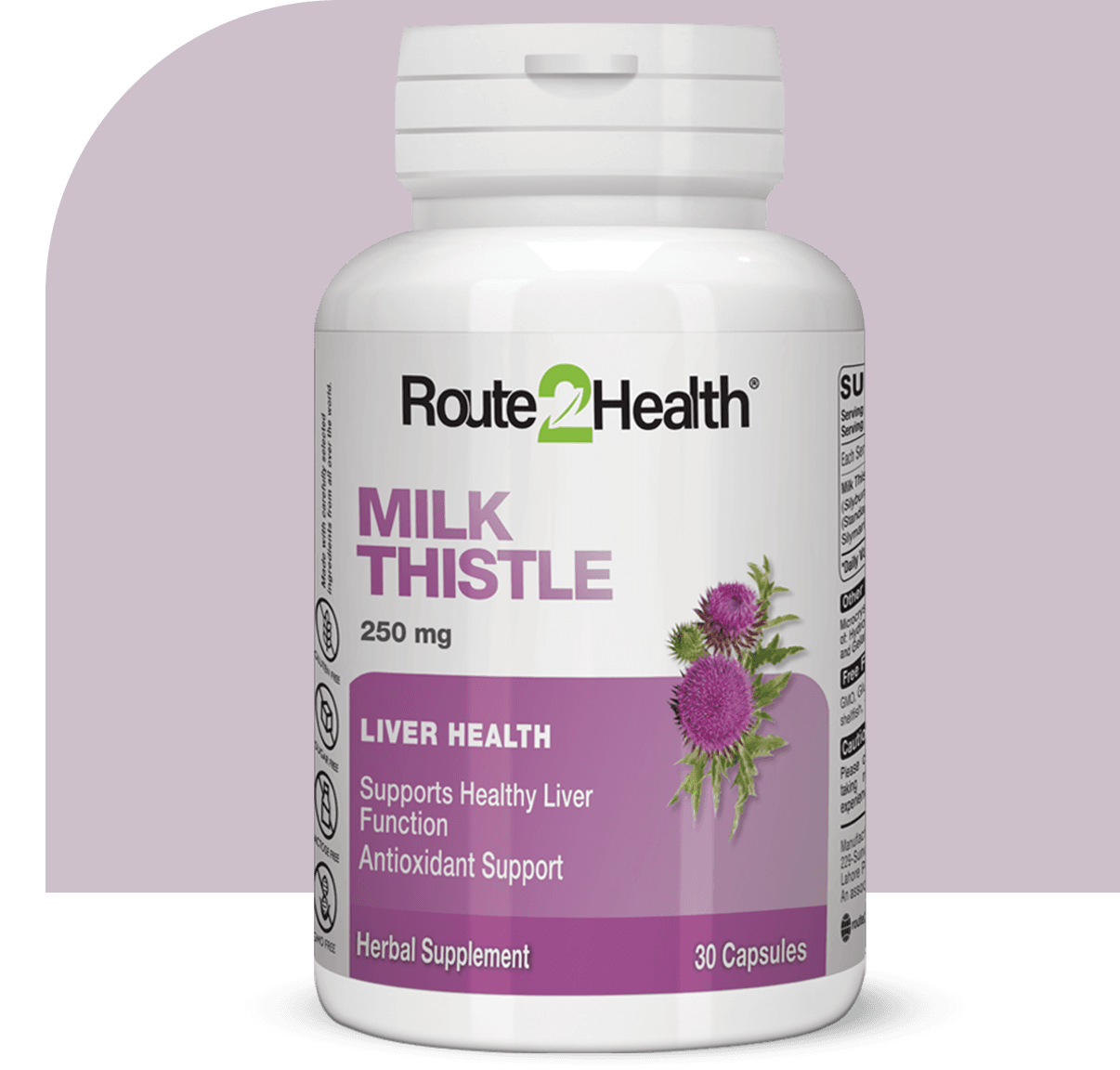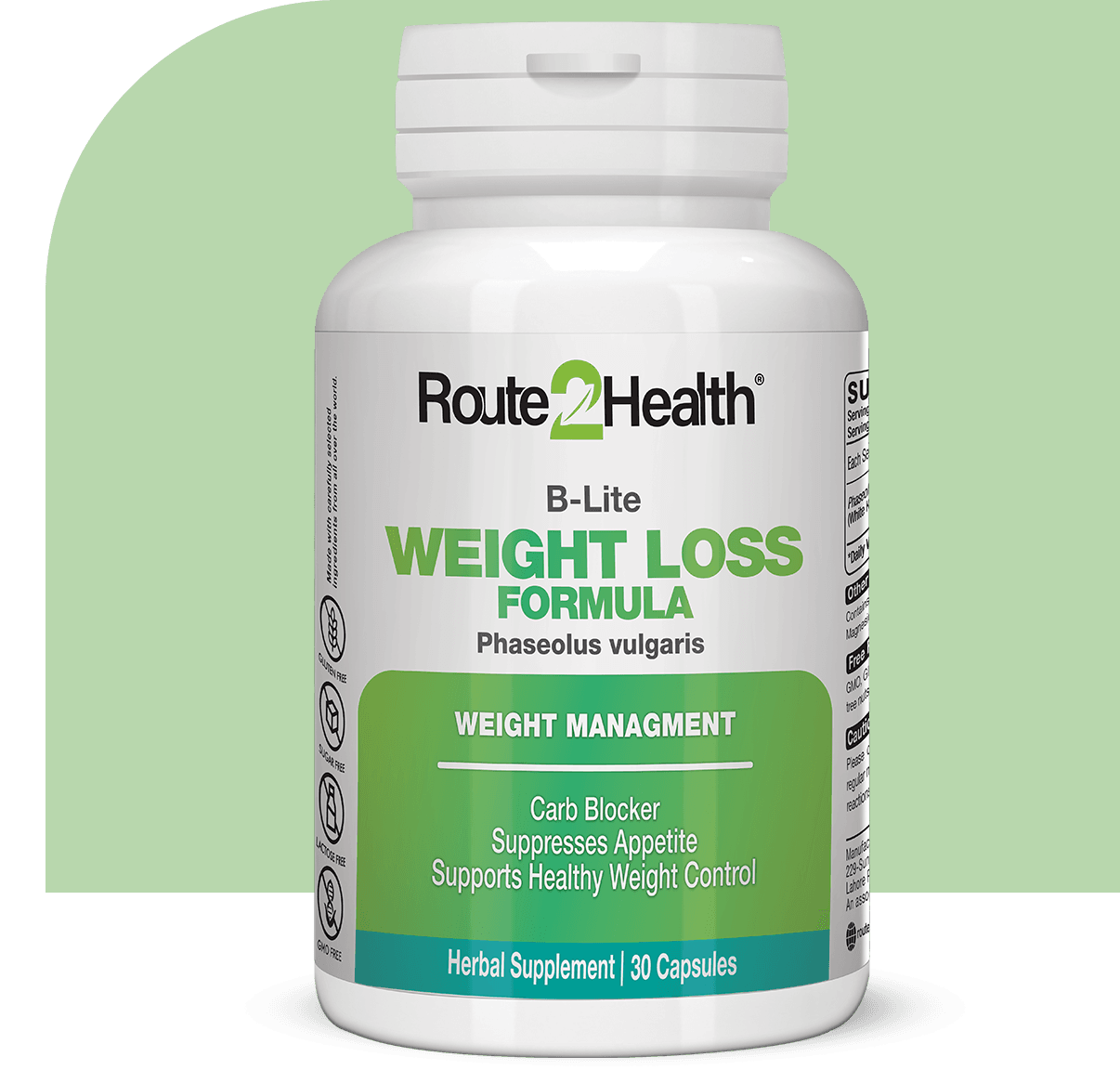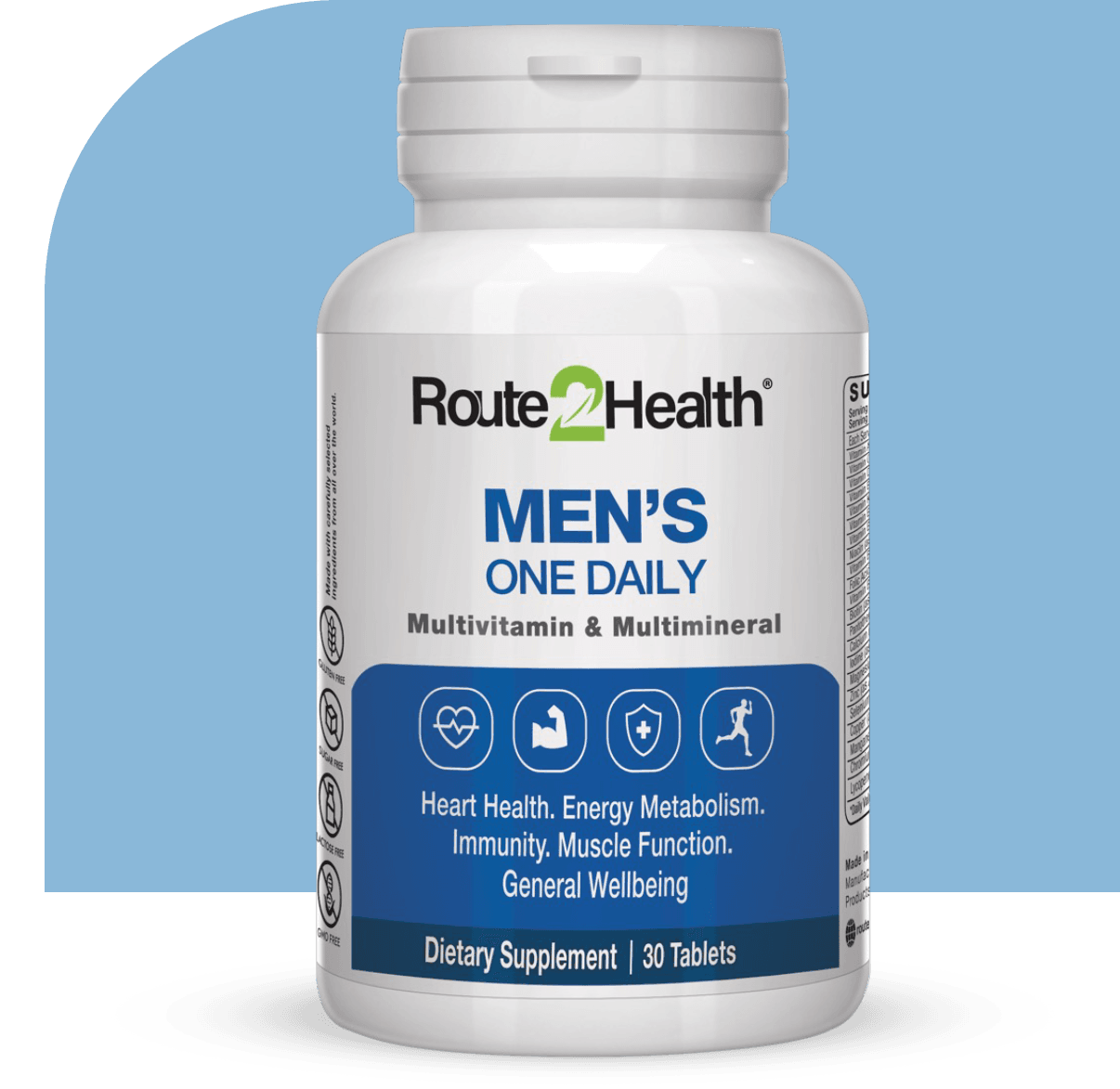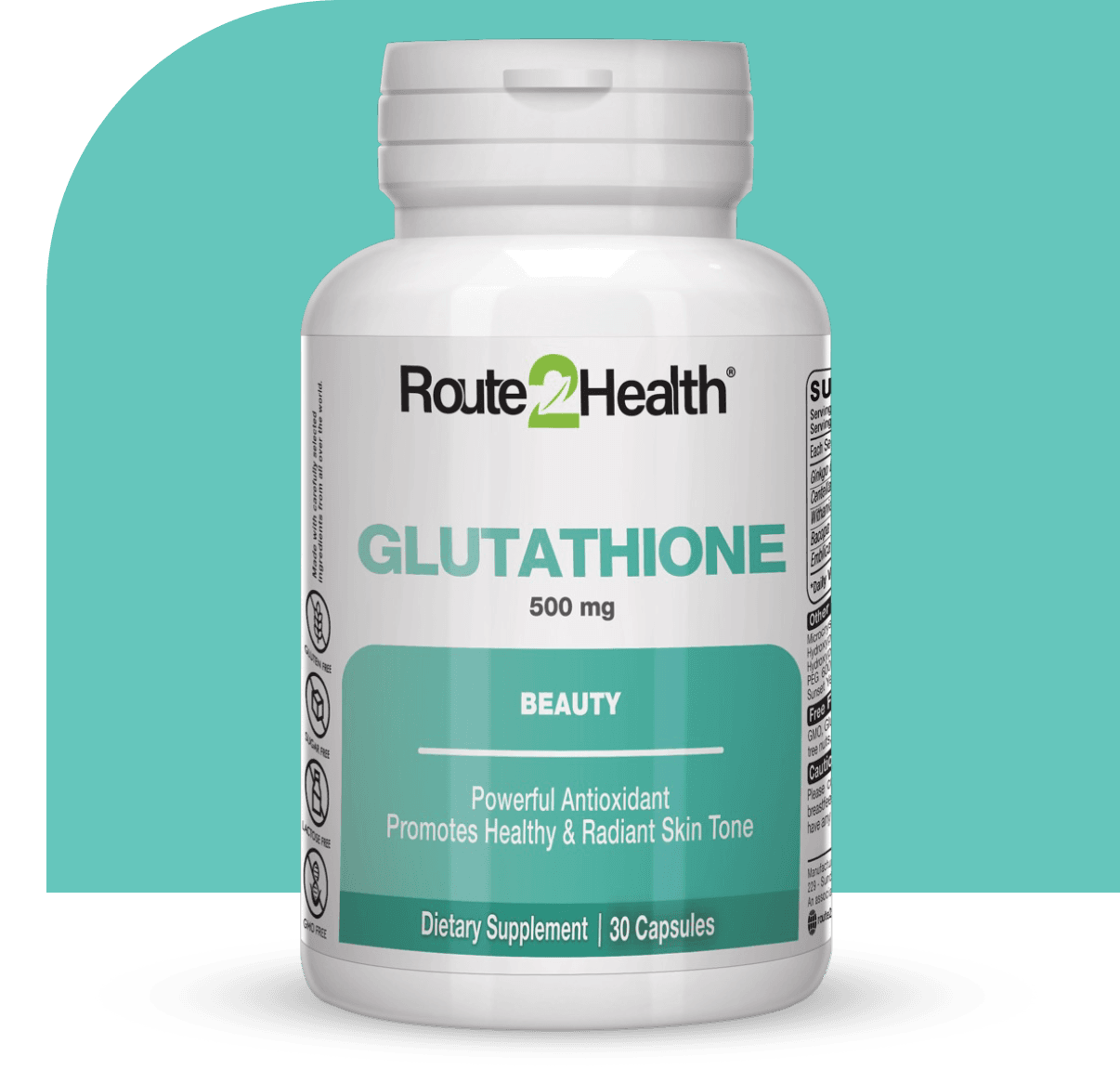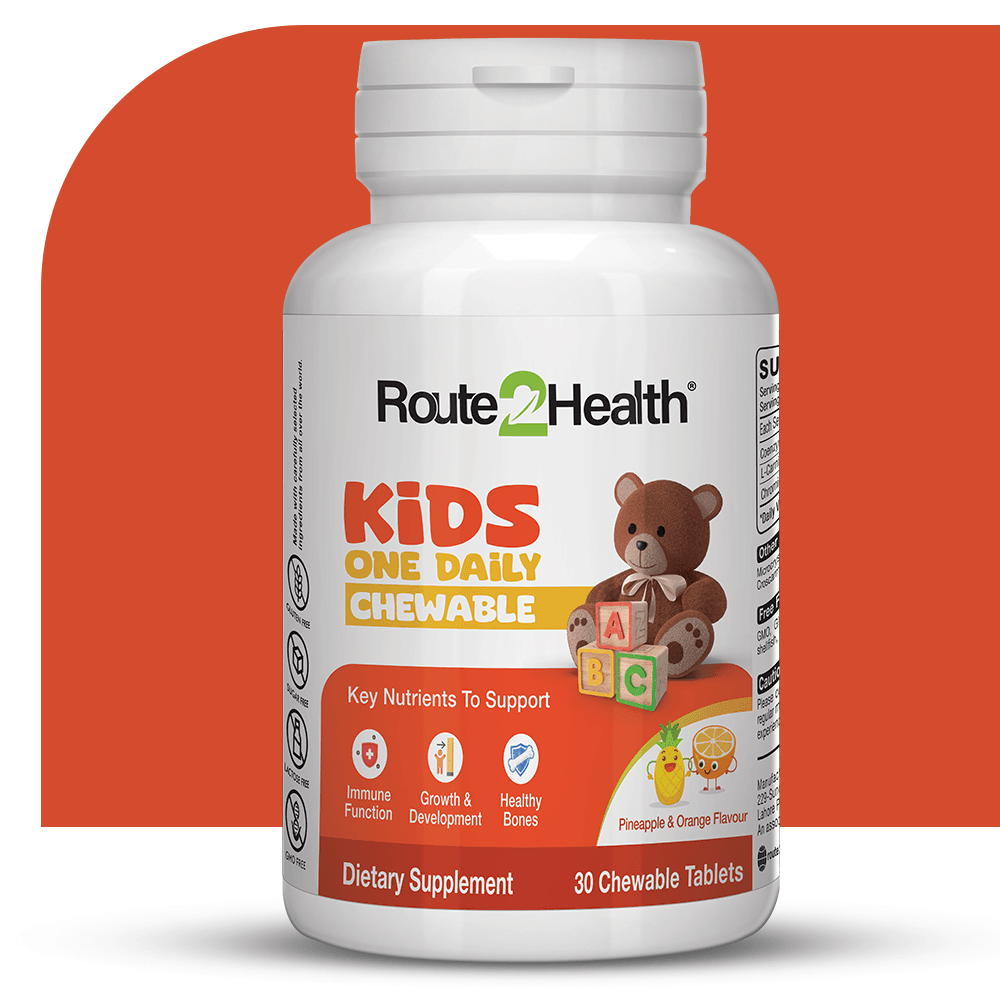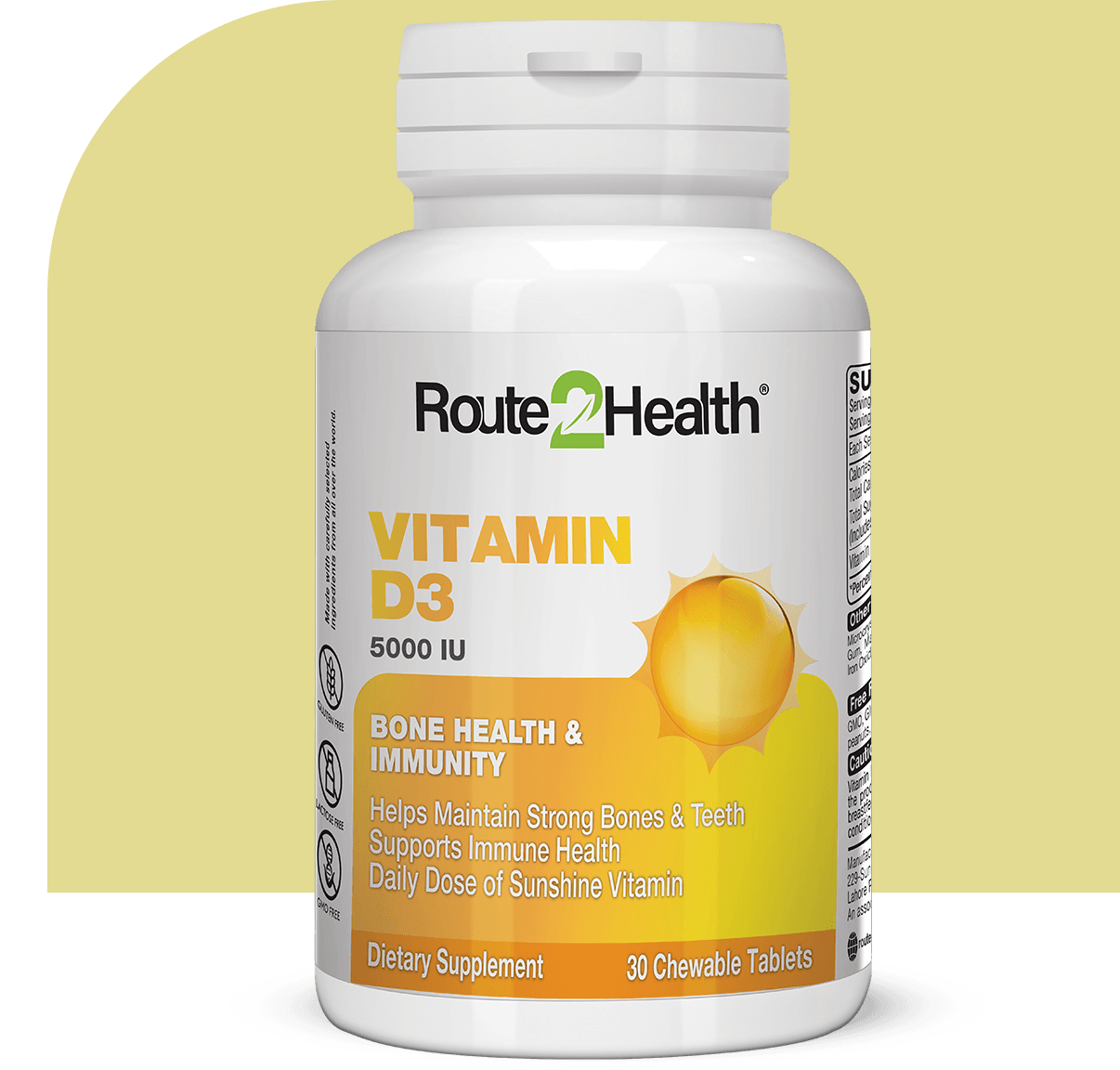


Product Info -
Nutrition & Ingredients +
Serving Size: One (1) Tablet, Each Tablet Contains:
Vitamin D3
5000 IU
Instructions +
Reviews +
Tab content goes here.
PRODUCT BENEFITS

Helps Maintain Stronger Bones

Supports Immune Health

Promotes Muscle Function
A VITAMIN THAT DOES WONDERS
Bone Health
Immune function
Chronic Diseases





